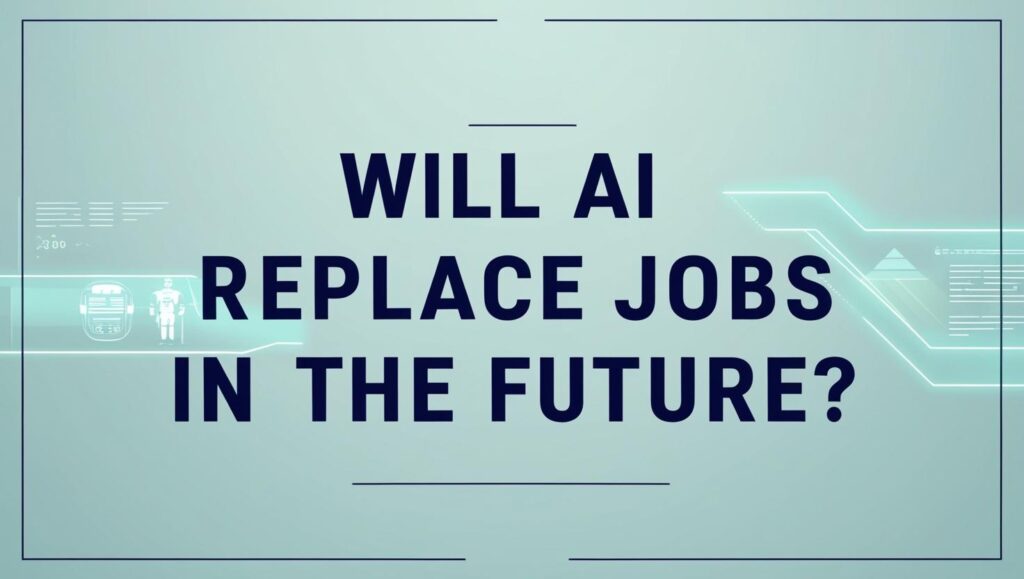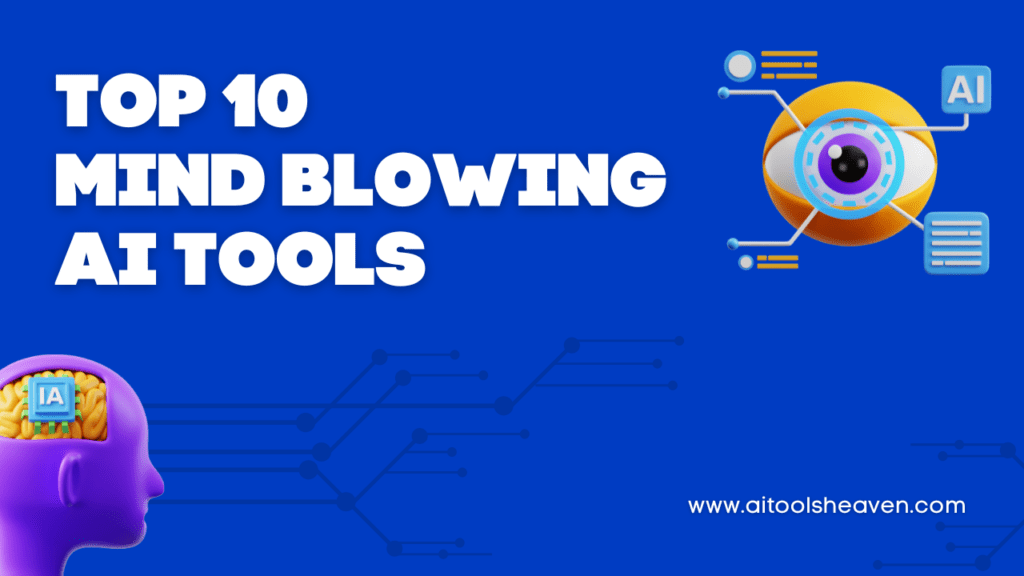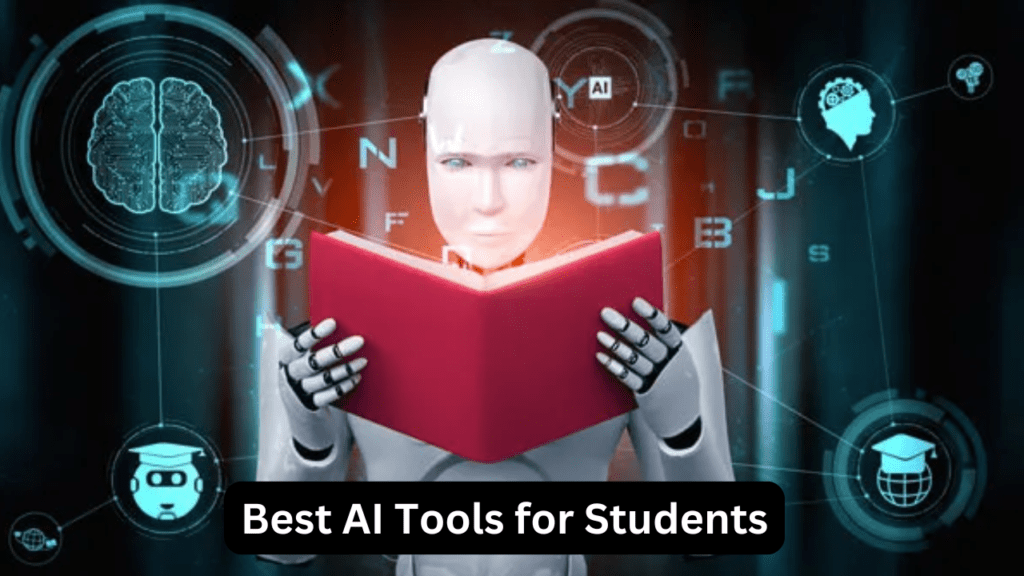The impact of AI on jobs is a complex and evolving topic. While AI has the potential to automate certain tasks and replace some jobs, it also creates new opportunities and roles. Here’s a breakdown of how AI might influence jobs in the future:
Jobs Likely to Be Impacted
- Routine and Repetitive Tasks:
- Jobs involving repetitive, predictable tasks, such as data entry, manufacturing, or basic customer service, are more likely to be automated.
- Examples: Assembly line workers, telemarketers, and bookkeeping roles.
- Data-Driven Professions:
- Roles that involve analyzing large amounts of data or making decisions based on patterns may see AI taking over some responsibilities.
- Examples: Financial analysts, radiologists (for diagnostic tasks), and legal researchers.
Jobs Likely to Be Created
- AI and Technology Development:
- AI requires skilled professionals for its development, deployment, and maintenance.
- Examples: AI researchers, data scientists, and machine learning engineers.
- AI Ethics and Oversight:
- As AI becomes more prevalent, there will be a growing need for roles that ensure AI is used responsibly.
- Examples: AI ethicists, compliance officers, and policy advisors.
- Complementary Roles:
- AI often works alongside humans, enhancing their abilities rather than replacing them.
- Examples: Healthcare workers using AI for diagnostics, teachers using AI to personalize education.
Industries Transforming, Not Replacing
- Creative Fields:
- While AI can assist in content creation, human creativity and innovation are difficult to replicate fully.
- Examples: Writers, artists, and marketers.
- Human-Centric Roles:
- Jobs requiring emotional intelligence, creativity, and interpersonal skills are less likely to be automated.
- Examples: Therapists, social workers, and leadership roles.
Preparation for the Future
- Reskilling and Upskilling: Workers need to adapt by learning new skills, particularly in technology and soft skills.
- Education: Focus on STEM (Science, Technology, Engineering, Math) and critical thinking skills to remain competitive.
- Adaptability: Embrace lifelong learning and be prepared to transition into new roles as industries evolve.
Conclusion
AI is reshaping the job market, automating tasks while creating new opportunities. Adaptability and leveraging human-centric skills are vital to thrive. As industries evolve, businesses, including web hosting providers, will benefit from AI-driven efficiency and innovation. Choosing a reliable web hosting provider ensures seamless online presence, helping you adapt to and succeed in this dynamic digital era. Here’s a breakdown of how AI might influence jobs in the future:
Jobs Likely to Be Impacted
- Routine and Repetitive Tasks:
- Jobs involving repetitive, predictable tasks, such as data entry, manufacturing, or basic customer service, are more likely to be automated.
- Examples: Assembly line workers, telemarketers, and bookkeeping roles.
- Data-Driven Professions:
- Roles that involve analyzing large amounts of data or making decisions based on patterns may see AI taking over some responsibilities.
- Examples: Financial analysts, radiologists (for diagnostic tasks), and legal researchers.
Jobs Likely to Be Created
- AI and Technology Development:
- AI requires skilled professionals for its development, deployment, and maintenance.
- Examples: AI researchers, data scientists, and machine learning engineers.
- AI Ethics and Oversight:
- As AI becomes more prevalent, there will be a growing need for roles that ensure AI is used responsibly.
- Examples: AI ethicists, compliance officers, and policy advisors.
- Complementary Roles:
- AI often works alongside humans, enhancing their abilities rather than replacing them.
- Examples: Healthcare workers using AI for diagnostics, teachers using AI to personalize education.
Industries Transforming, Not Replacing
- Creative Fields:
- While AI can assist in content creation, human creativity and innovation are difficult to replicate fully.
- Examples: Writers, artists, and marketers.
- Human-Centric Roles:
- Jobs requiring emotional intelligence, creativity, and interpersonal skills are less likely to be automated.
- Examples: Therapists, social workers, and leadership roles.
Preparation for the Future
- Reskilling and Upskilling: Workers need to adapt by learning new skills, particularly in technology and soft skills.
- Education: Focus on STEM (Science, Technology, Engineering, Math) and critical thinking skills to remain competitive.
- Adaptability: Embrace lifelong learning and be prepared to transition into new roles as industries evolve.
Conclusion
AI will likely transform the job market, automating some roles while creating opportunities in others. The key to thriving in this changing landscape is adaptability and a focus on uniquely human skills that complement AI.



